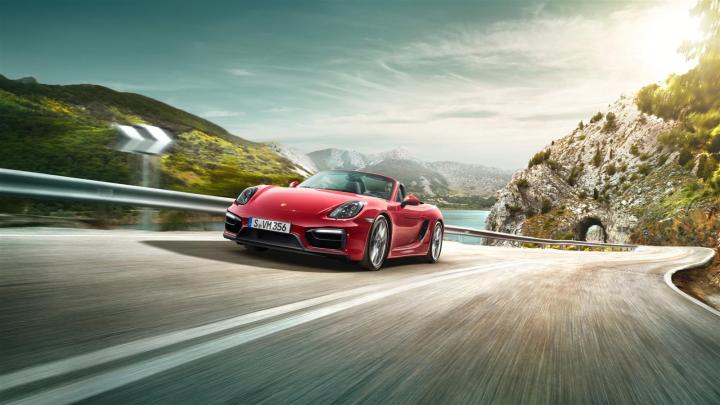
Porsche’s head of Research and Development, Wolfgang Hatz, recently told Autocar that the 718 was no more.
“The project is stopped,” he said. “We have a very good entry point to the range with the Boxster, and we see no reason to go below that.”
“Porsche should remain exclusive, and you cannot chase volume when you are such a brand,” he continued. “The Boxster is our perfect entry point.”
It’s a shame, because the 718 looked like it could have been quite good. First off, the back-to-basics sports car was smaller and lighter than the Boxster, reportedly coming in at a scant 2,623 pounds. Its name was a subtle hat tip to the manufacturer’s racing history, and it was due to receive one of Porsche’s brand-new flat-four engines.
Unfortunately, the 1.6-liter unit developed specifically for this car was canned some time ago, which is now a gloomy piece of foreshadowing for the 718.
If Porsche won’t expand its range further down, it looks like there’s only one place to go: up.
The esteemed 918 Spyder is now officially sold out, so the Stuttgart automaker has turned its focus to a follow-up for the hybrid supercar.
“Will we build a successor to the 918? Yes,” said Hatz. “When you develop such cars you also develop a generation of engineers, and I’m confident that what they have learnt will feed back into the company for many years. We want to keep that momentum, so for sure there will be a successor to the 918 at some point.”


